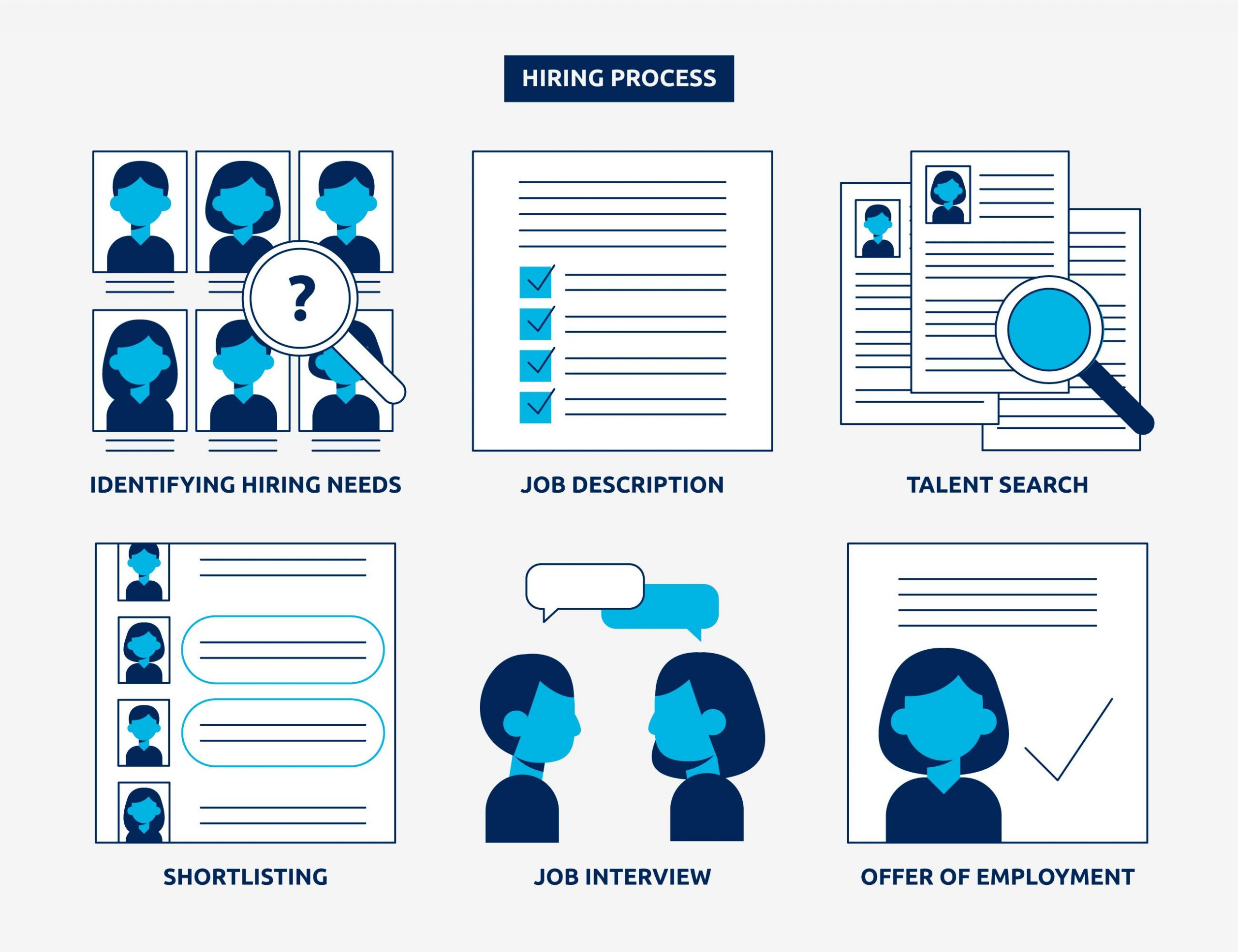
Fractional Hiring: Maximizing Talent for Your Company

What is Fractional Hiring?
Fractional hiring is a staffing model that allows companies to hire highly skilled professionals for a fraction of the cost of a full-time employee. It is a flexible solution that enables businesses to access specialized talent on a part-time basis, reducing overhead costs and providing access to an extensive pool of talent.
Fractional hiring is ideal for businesses that require specialized expertise, but do not have the resources to hire full-time employees or need to supplement existing teams with additional skills. This model enables companies to access a broad range of skills and experience without the financial burden of full-time employees.
How Fractional Hiring Works
Fractional hiring involves engaging part-time employees or contractors who work for multiple clients. These professionals are typically highly skilled, experienced, and specialize in a particular area, allowing companies to access expertise without the financial burden of a full-time employee.
Fractional employees work on a project-by-project basis or for a set number of hours per week or month, depending on the company's needs. Companies pay only for the work done, reducing overhead costs and enabling them to access specialized talent that may not be available or affordable otherwise.
Advantages of Fractional Hiring
Fractional hiring provides several advantages for businesses, including:
Cost Savings
Hiring full-time employees comes with significant overhead costs, including salaries, benefits, and taxes. Fractional hiring allows companies to access specialized talent without incurring these costs, reducing overall expenses and freeing up resources for other areas of the business.
Access to Specialized Skills and Expertise
Fractional hiring enables companies to access highly skilled professionals who specialize in specific areas. These professionals bring a wealth of experience and knowledge to the table, providing businesses with the expertise they need to complete projects successfully.
Flexibility
Fractional hiring is a flexible staffing solution that enables companies to engage part-time employees or contractors as needed. This model allows businesses to scale their workforce up or down, depending on the demands of the business, without incurring the costs associated with full-time employees.
Reduced Risk
Fractional hiring reduces the risk associated with hiring full-time employees. Companies do not need to worry about the costs associated with recruiting, onboarding, training, and terminating employees, reducing overall risk and liability.
Implementing Fractional Hiring
Implementing fractional hiring requires a strategic approach to ensure that the right talent is engaged and the right work is completed. The following steps can help businesses implement fractional hiring successfully:
Identify Areas of Need
The first step in implementing fractional hiring is to identify areas of need within the business. Businesses should assess their current workforce and identify areas where specialized expertise is required, or where additional resources are needed to complete projects successfully.
Define the Scope of Work
Once areas of need have been identified, businesses should define the scope of work required. This should include the specific tasks that need to be completed, the expected outcomes, and the timeline for completion.
Identify the Right Talent
Identifying the right talent is critical to the success of fractional hiring. Businesses should look for highly skilled professionals who specialize in the areas of need identified earlier. They should also ensure that these professionals have a track record of delivering quality work and have the necessary experience and knowledge to complete the work successfully.
Develop a Contract
Once the right talent has been identified, businesses should develop a contract that clearly outlines the scope of work, the expected outcomes, and the terms of engagement. The contract should also specify the compensation and the timeline for completion.
Communicate Effectively
Effective communication is essential for successful fractional hiring. Businesses should ensure that there is clear communication between the company and the fractional employees, including regular check-ins and progress updates. This will help to ensure that the work is on track, and any issues are addressed promptly.
Evaluate Performance
Finally, businesses should evaluate the performance of the fractional employees regularly. This will help to ensure that the work is meeting the expected outcomes and that the engagement is delivering the desired results. If the performance is not meeting expectations, the company can adjust the engagement or consider other options.
Fractional Hiring: The Future of Work
Fractional hiring is an innovative solution that is transforming the way businesses access talent. It provides companies with a flexible, cost-effective way to access specialized expertise and scale their workforce up or down as needed. As the workforce continues to evolve, fractional hiring is likely to become an increasingly popular option for businesses looking to maximize their talent pool and remain competitive.
Conclusion
Fractional hiring is a flexible, cost-effective solution that enables businesses to access specialized expertise without the financial burden of full-time employees. By following a strategic approach, businesses can successfully implement fractional hiring, providing access to a broad range of skills and experience that can help to drive growth and success. As the workforce continues to evolve, fractional hiring is likely to become an increasingly popular option for businesses looking to maximize their talent pool and remain competitive in today's dynamic business environment.